Reach Out Today
Please provide your email address so that we can stay in touch and answer any questions you have! We will be reaching back out shortly.
Professional water filtration systems that eliminate hard water stains, bad tastes, and protect your family’s health in Lane Park.
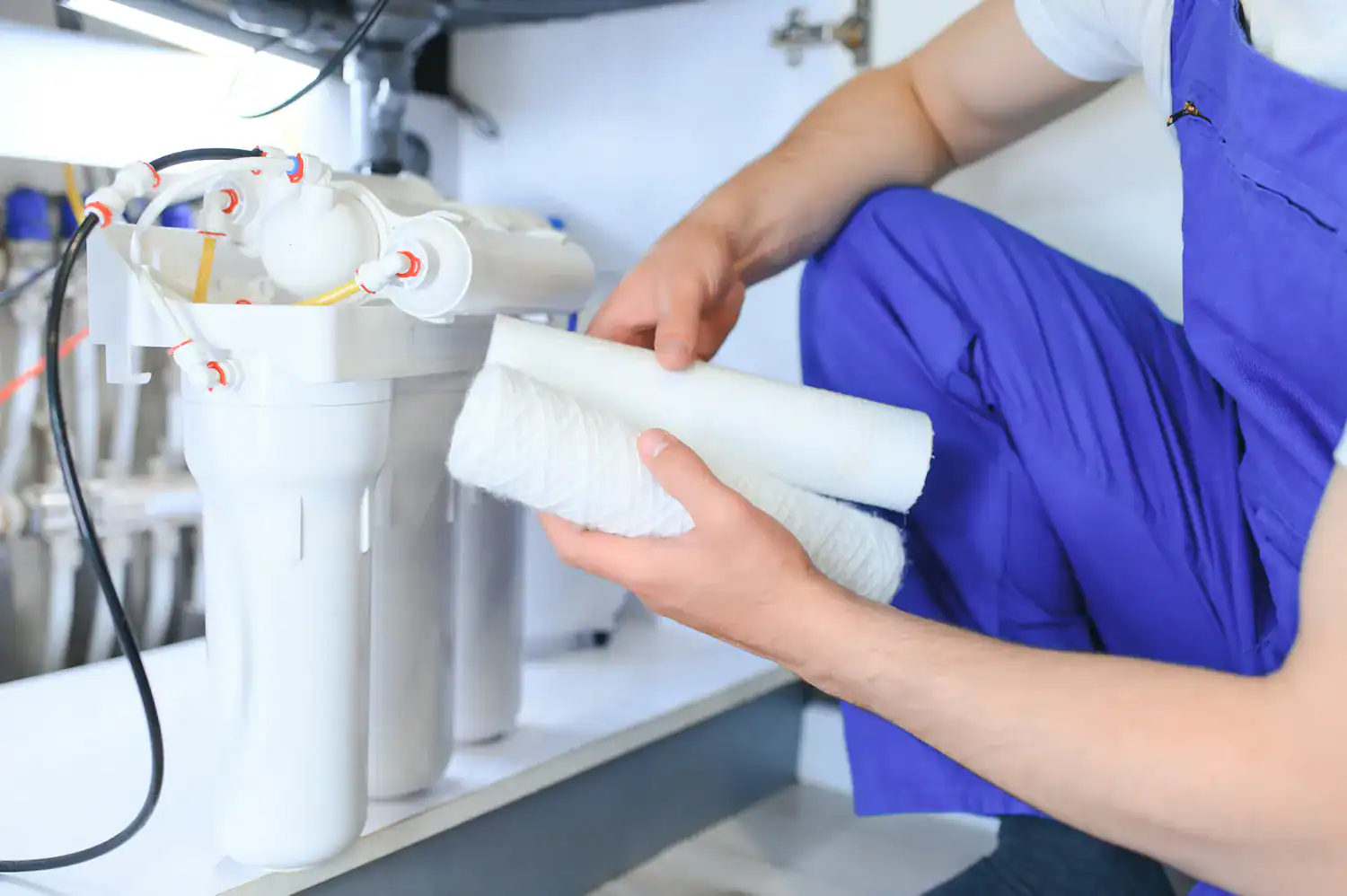
Hear from Our Customers
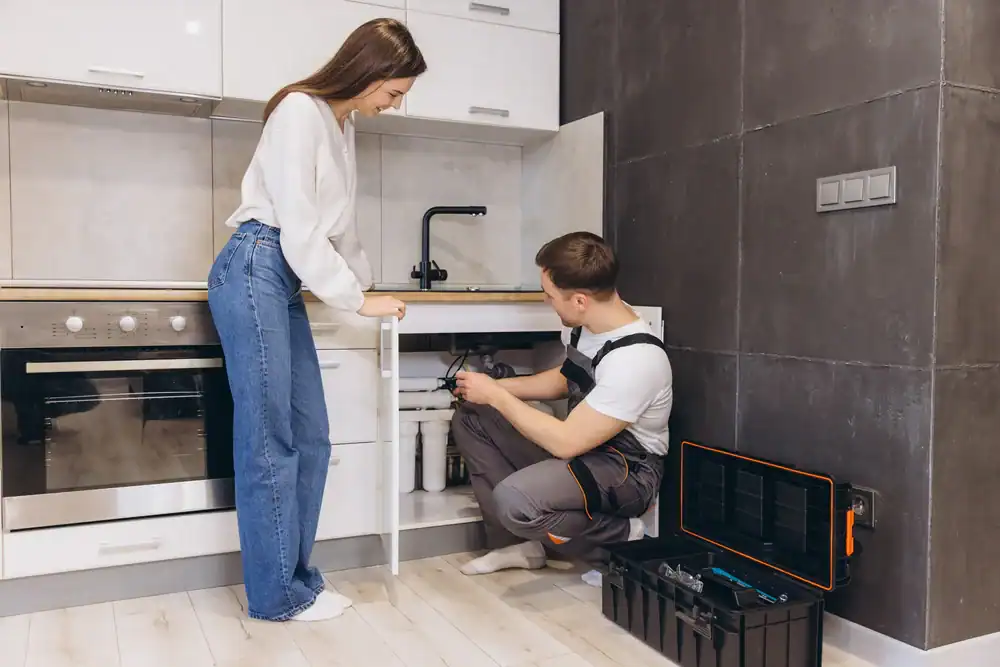
Your morning shower doesn’t leave your skin dry and irritated anymore. The water tastes clean and fresh from every tap. Those embarrassing rust stains around your fixtures disappear completely.
Your appliances last years longer without mineral buildup destroying them from the inside. Your washing machine stops breaking down every few years, and your water heater operates efficiently without scale damage. Your family drinks confidently from any faucet, knowing harmful contaminants are filtered out before they reach your glass.
You stop buying cases of bottled water every week. Your hair feels softer, your skin isn’t constantly dry, and your clothes come out of the wash looking brighter and feeling better.
Quality Safe Water of Florida has been serving Lane Park homeowners with professional water filtration solutions for years. We specialize in whole-house purification projects and maintain an A-rated Better Business Bureau status with a 5-star rating and zero complaints.
We hold membership in the National Water Quality Association, demonstrating our commitment to industry standards and professional expertise. We understand Florida’s unique water challenges, from the hard water that comes from the Floridan Aquifer System to the specific contaminants that affect Central Florida homes.
Our customer-centric approach focuses on high-quality products and services, with a particular emphasis on helping military families and first responders through substantial discounts.
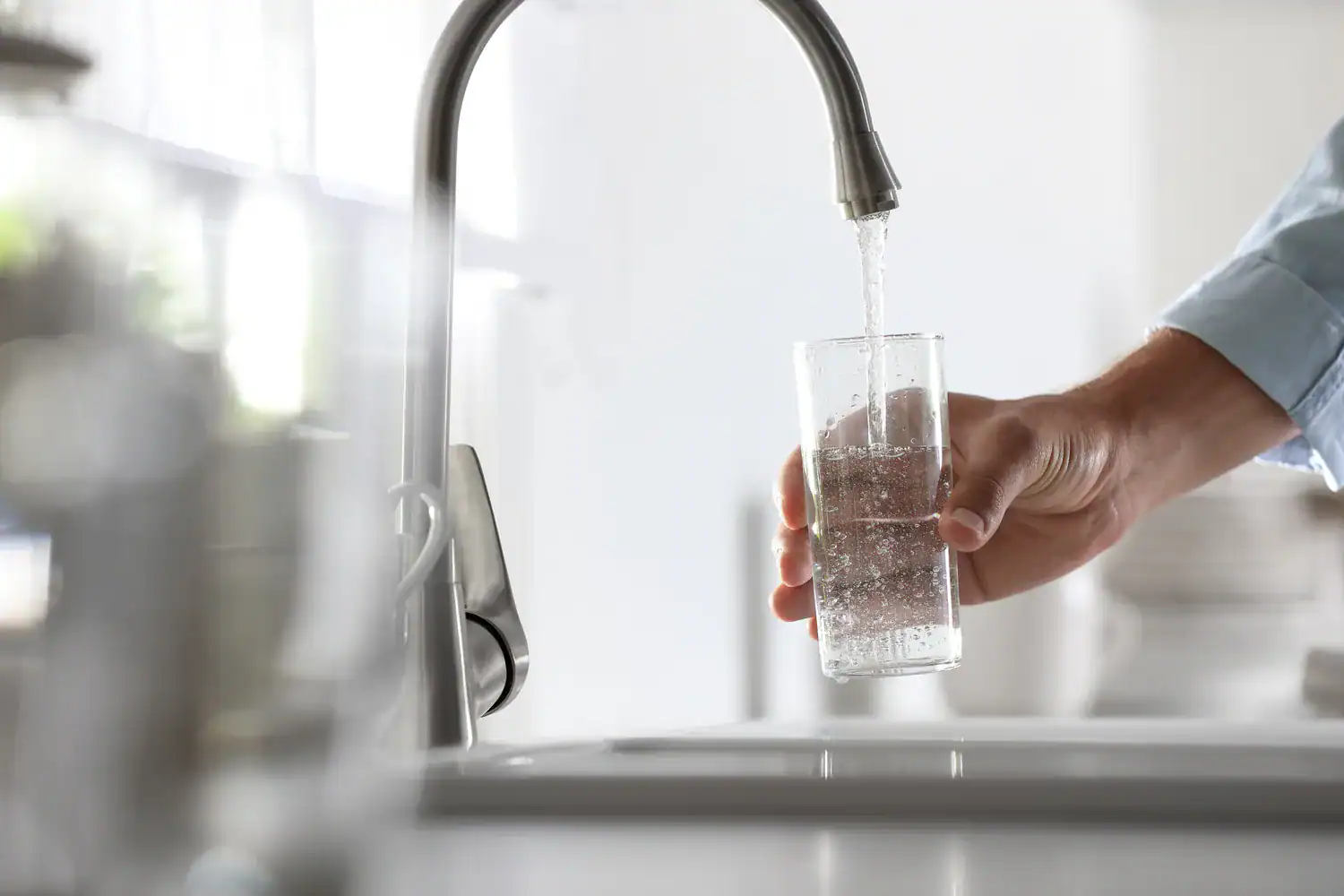
First, we test your water to identify exactly what contaminants you’re dealing with. Lane Park homes often face hard water from limestone deposits, chlorine from municipal treatment, and sometimes iron or sulfur from well sources.
Next, we design a custom filtration system for your specific needs. This might include sediment pre-filters to catch larger particles, carbon filters to remove chlorine and odors, and water softening components to eliminate mineral buildup.
Installation happens at your main water line, ensuring every drop entering your home gets filtered. The system includes bypass valves so you maintain water access during any future maintenance. We test the system thoroughly and show you how everything works before we leave.
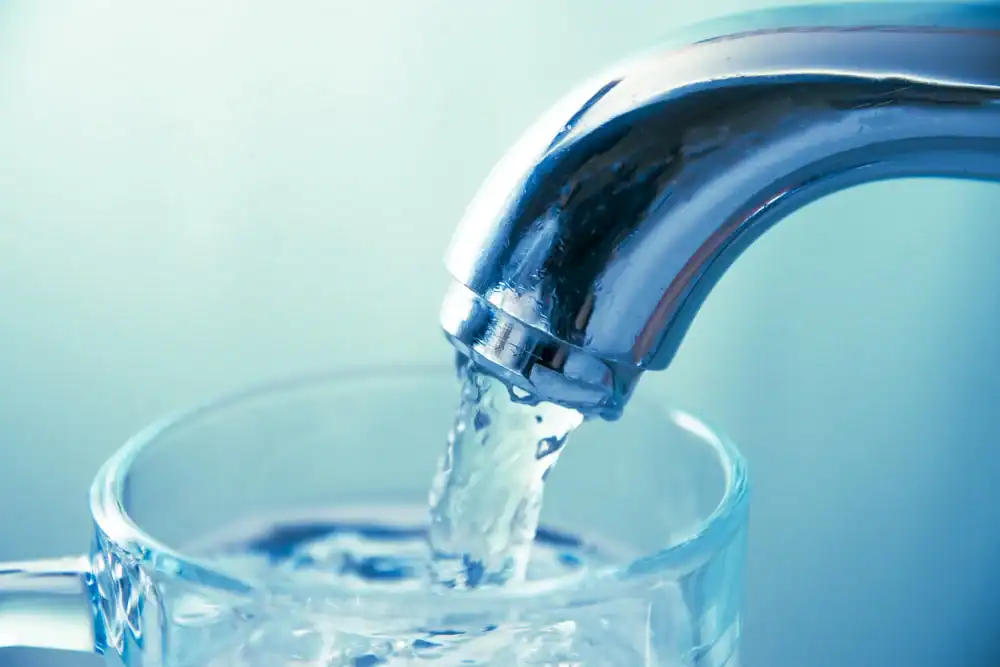
Ready to get started?
Quality Safe Water provides comprehensive water treatment specifically designed for Lane Park’s water conditions. Central Florida’s geology creates unique challenges, with groundwater passing through limestone and picking up calcium and magnesium that creates hard water throughout the region.
Our systems address the full range of local water issues. Whole house filters eliminate chlorine taste and odor from municipal water treatment. Water softeners prevent the scale buildup that damages appliances and creates those stubborn stains around fixtures. Specialized filtration removes iron that causes rust-colored staining and sulfur that creates unpleasant odors.
For well water customers, we provide targeted solutions for bacterial contamination and mineral content that’s common in private wells throughout the Lane Park area. Every system includes professional installation, thorough testing, and ongoing support to ensure optimal performance.
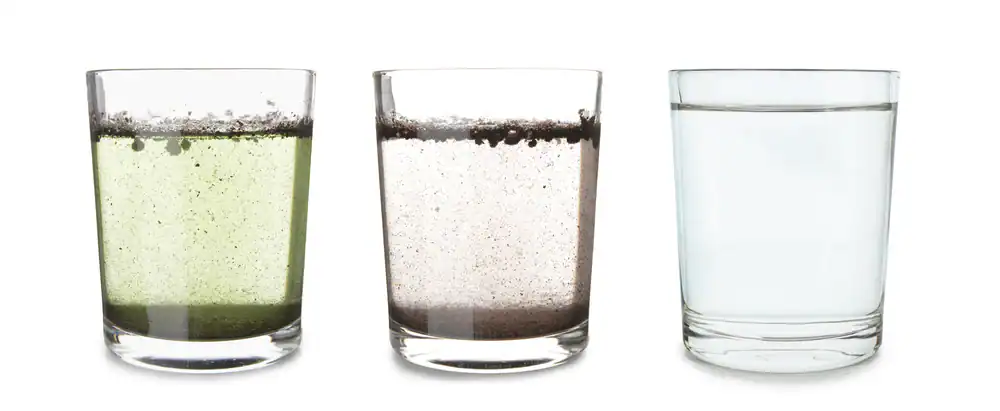
Please provide your email address so that we can stay in touch and answer any questions you have! We will be reaching back out shortly.
"*" indicates required fields
